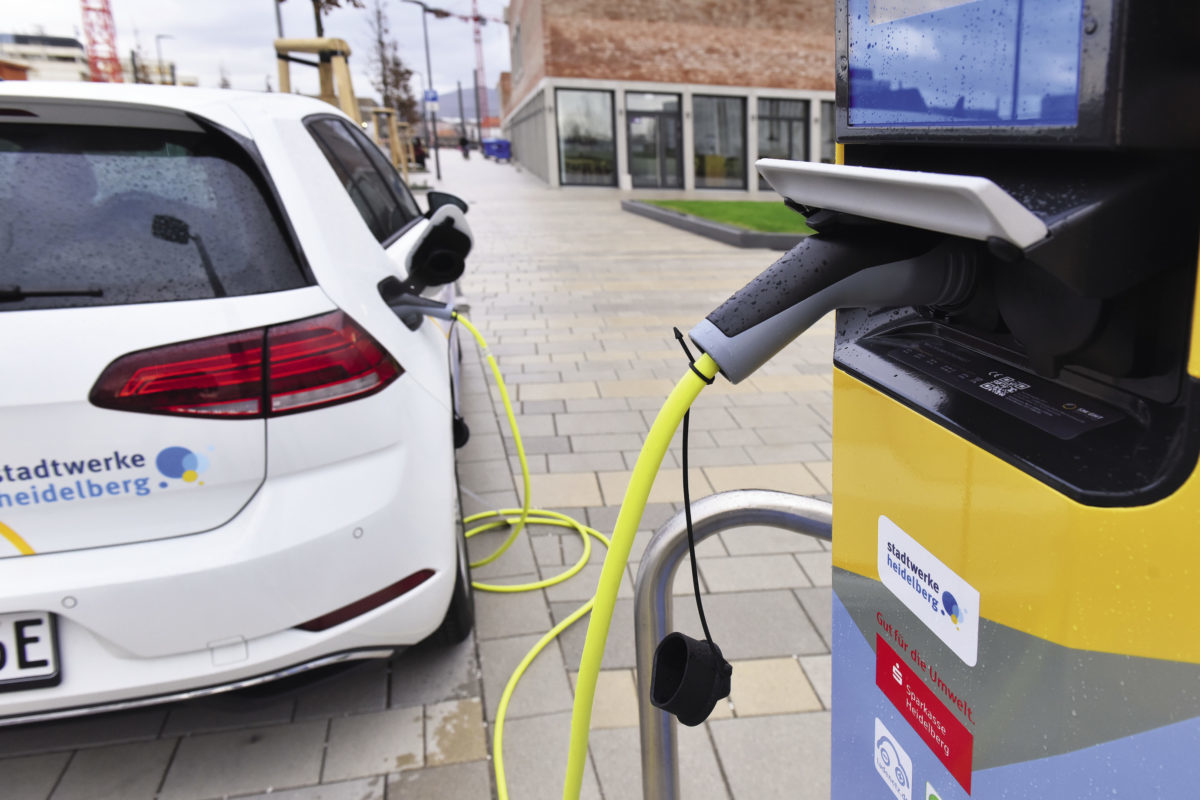India has a huge opportunity to develop indigenous e-mobility solutions as surplus electricity generation and availability of cheap renewable power make a strong case for the transition to e-mobility—said transport minister Nitin Jairam Gadkari addressing India e-Mobility Conclave 2020 organized by India Energy Storage Alliance (IESA).
The minister said: “India is power-surplus, so the benefits of e-mobility solutions are very much in the country’s interest. There is a strong need to develop import-substituting, cost-effective, indigenous, and pollution-free sustainable transportation systems.
“One of the most important solutions is public transport running on electricity. For diesel buses, the cost of fuel is INR150/km, but for e-buses it comes to INR50/km, so the capital cost is high, but fuel cost is low.”
Given the scarcity of EV battery (lithium-ion battery) raw materials in the country, the government is looking to acquire lithium mines abroad in a push for ‘made in India’ Li-ion cells while also promoting other viable technology options that cut dependence on imports.
“Government approach is to give support to all new technologies but Make In India is equally important. Our priority is particularly for Li-ion batteries. We have already given two mines of Lithium to private companies and expect outcome soon,” said Gadkari.
“For manufacturers, ‘Make in India’ and ‘Made in India’ is equally important, if you are importing materials from China and other countries and assembling that is not of use. We need to find an indigenous solution, and that is very important.”
The minister said that the government is also looking at developing hydrogen fuel cell technology in the country, and now the idea is to make hydrogen fuel cells from biomass.
Anil Shrivastava, Director, National Mission for Transformative Mobility & Battery Storage in NITI Aayog, said that to lower the upfront cost of EVs—to push EV demand—the government is exploring different models like separating the cost of vehicle from the source of its energy, i.e., battery.
“We have taken steps to improve EV demand. The Ministry of Power and Department of Heavy Industries is working on pushing electric two-wheelers and exploring a model that will separate the cost of the vehicle from the source of its energy, i.e., battery. If we separate the electric vehicle from the battery, the upfront cost will be less. We are encouraging models where the battery can be separated—be it leasing, swapping, etc.”
Among some other positive steps, the government has finalized scrapping policy and is working towards testing and standardization.
This content is protected by copyright and may not be reused. If you want to cooperate with us and would like to reuse some of our content, please contact: editors@pv-magazine.com.









By submitting this form you agree to pv magazine using your data for the purposes of publishing your comment.
Your personal data will only be disclosed or otherwise transmitted to third parties for the purposes of spam filtering or if this is necessary for technical maintenance of the website. Any other transfer to third parties will not take place unless this is justified on the basis of applicable data protection regulations or if pv magazine is legally obliged to do so.
You may revoke this consent at any time with effect for the future, in which case your personal data will be deleted immediately. Otherwise, your data will be deleted if pv magazine has processed your request or the purpose of data storage is fulfilled.
Further information on data privacy can be found in our Data Protection Policy.